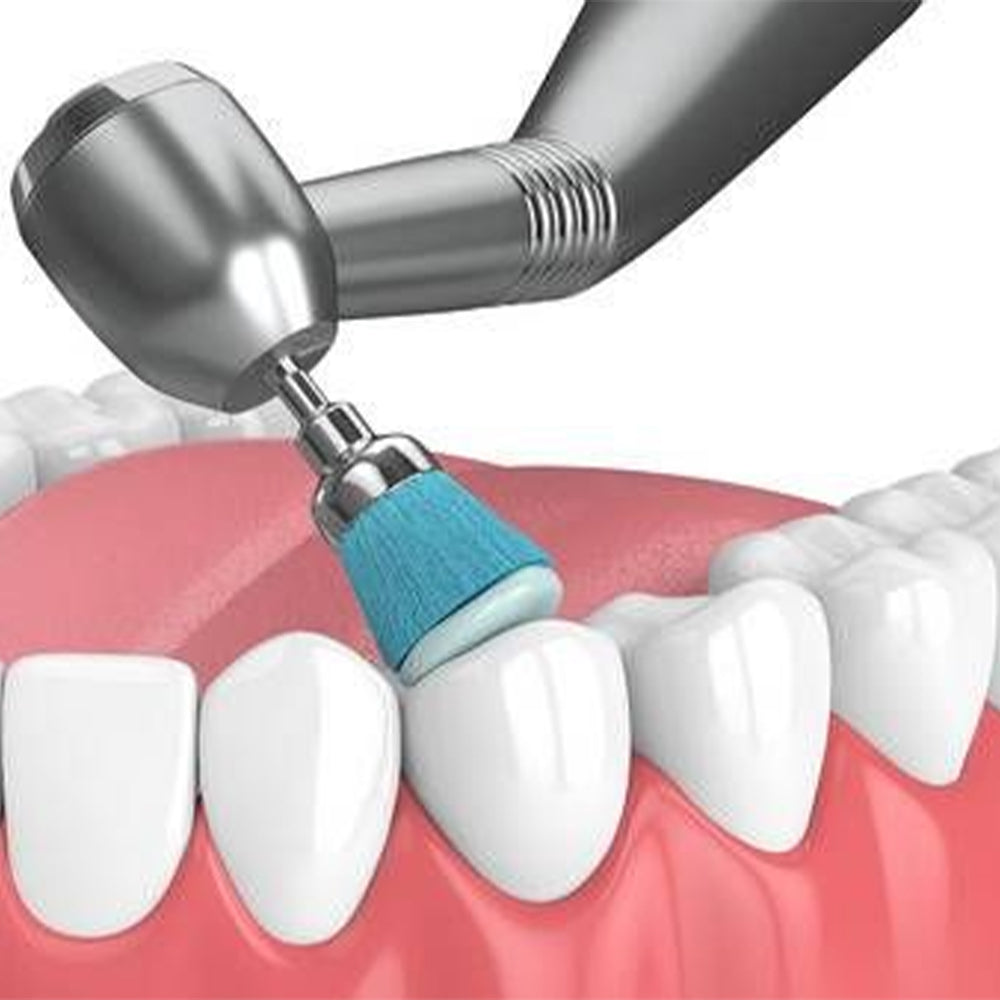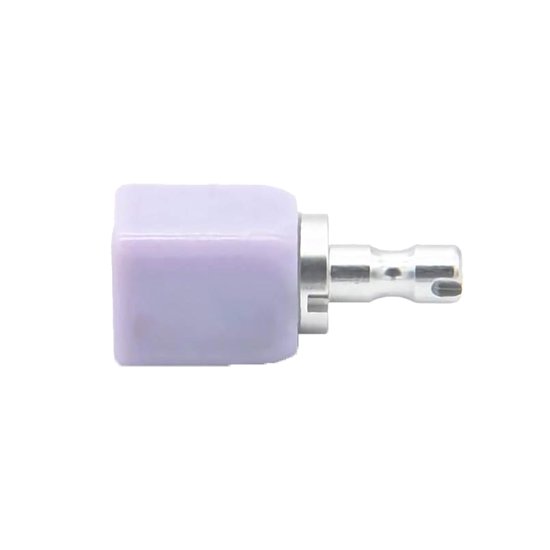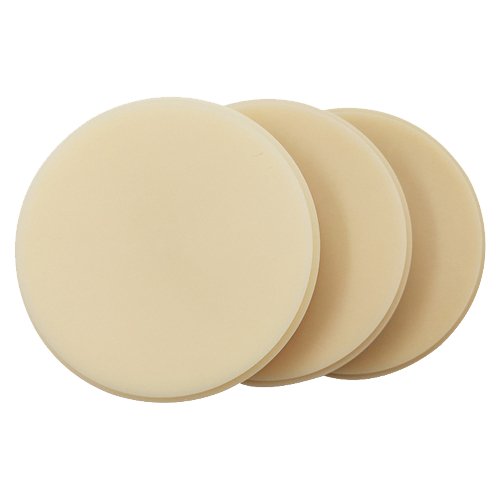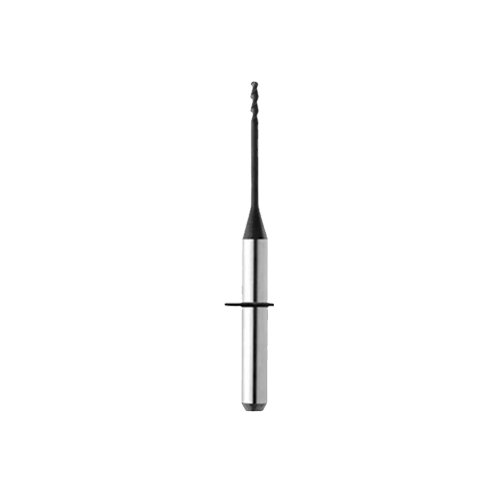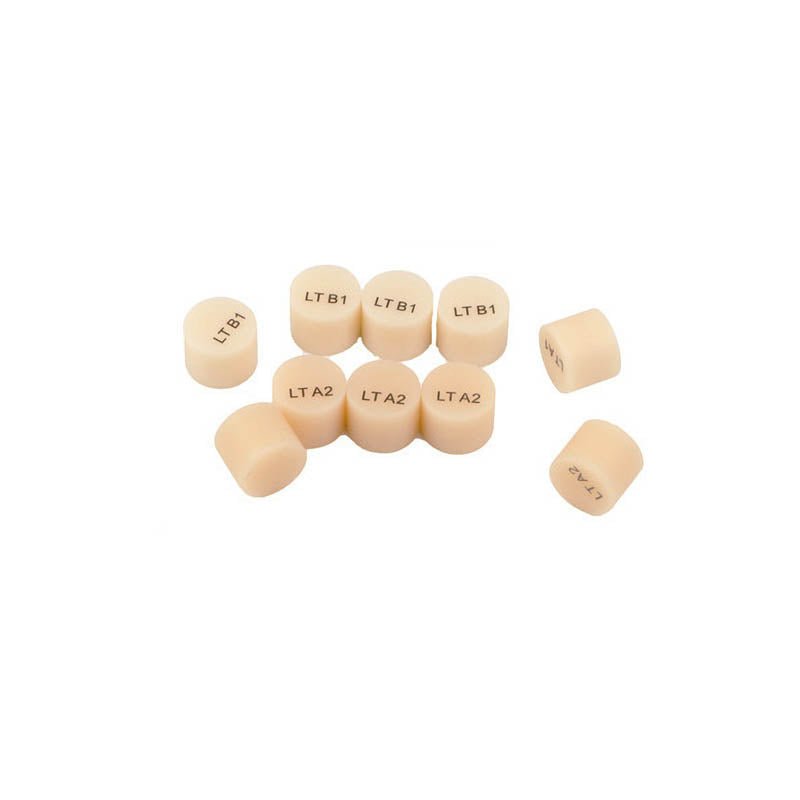When it comes to dental restorations, the material used can have a significant impact on the wear of natural teeth. One common material used in dentistry is cobalt-chromium alloy, known for its strength and durability. But how does the fine polishing of these restorations affect the wear of natural teeth?
Understanding Cobalt-Chromium Alloy Restorations
Cobalt-chromium alloy restorations are often used in dentistry due to their high strength, resistance to corrosion, and biocompatibility. These restorations are commonly used for crowns, bridges, and other dental prostheses. However, the surface finish of these restorations can play a crucial role in their performance and longevity.
The Importance of Fine Polishing
Fine polishing of cobalt-chromium alloy restorations is essential for several reasons. Firstly, a smooth surface can reduce plaque accumulation, which is crucial for maintaining oral health and preventing gum disease. Additionally, a well-polished restoration can minimize wear on opposing natural teeth, reducing the risk of enamel damage and preserving the overall integrity of the dentition.
Effect on Wear of Natural Teeth
Research has shown that the surface roughness of dental restorations can directly impact the wear of natural teeth. A rough surface can lead to increased wear on opposing teeth, potentially causing enamel abrasion and compromising the occlusal relationship. On the other hand, a finely polished surface can reduce friction and wear, promoting better long-term outcomes for both the restoration and the natural dentition.
Conclusion
In conclusion, the fine polishing of cobalt-chromium alloy restorations is a critical step in ensuring optimal oral health and longevity of dental prostheses. By investing in high-quality polishing techniques, dental professionals can minimize wear on natural teeth, improve patient outcomes, and enhance the overall success of restorative treatments.

